Rishi Sunak: the maharaja of the Yorkshire Dales
Rishi Sunak is taking the reins of the world’s fifth-largest economy at a crucial juncture. The unflashy but likeable youngster may be just the man for the job.
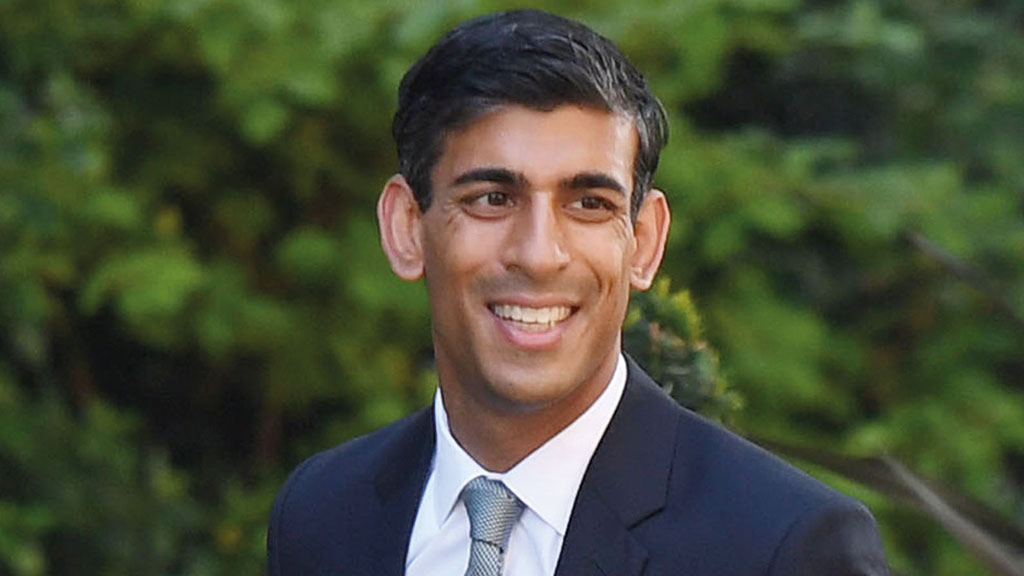
Get the latest financial news, insights and expert analysis from our award-winning MoneyWeek team, to help you understand what really matters when it comes to your finances.
You are now subscribed
Your newsletter sign-up was successful
Want to add more newsletters?

Twice daily
MoneyWeek
Get the latest financial news, insights and expert analysis from our award-winning MoneyWeek team, to help you understand what really matters when it comes to your finances.

Four times a week
Look After My Bills
Sign up to our free money-saving newsletter, filled with the latest news and expert advice to help you find the best tips and deals for managing your bills. Start saving today!
The appointment of Britain’s new chancellor made the headlines in India last week, says The Times. With good reason. Before his meteoric rise, Rishi Sunak was arguably better known in the sub-continent than in Britain. His father-in-law, Narayana Murthy – co-founder of the IT consultancy Infosys – is a household name there, known together with his wife as the “Bill and Melinda Gates of India”. When Rishi married their daughter, Akshata, in a two-day wedding in Bangalore in 2009, it was attended by “computer tycoons and cricketing royalty”.
Nicknamed “the maharajah of the Yorkshire Dales”, in tribute to his Richmond constituency, Sunak, 39, is the first UK chancellor “to have married into a billionaire family”. Appointed in dramatic fashion when his former boss Sajid Javid unexpectedly quit, his elevation is “a big gamble”, says the Financial Times. Five years ago, Sunak wasn’t even an MP, “he has never run a spending department” and has only weeks to pull together his first Budget, scheduled for 11 March. The second-youngest chancellor in history is taking over the world’s fifth-largest economy at a critical juncture.
A front-row seat for the financial crisis
The eldest of three siblings, Sunak was born in Southampton into a family originally hailing from Punjab in India, who migrated first to east Africa and then to Britain in the 1960s. His father was a GP, his mother a pharmacist – young Rishi cut his financial teeth helping keep the books for the independent chemist she ran. He later said his parents “sacrificed a good deal” to finance his education at the intellectually rigorous Winchester College. He gained a first in philosophy, politics and economics, before heading to Stanford for an MBA, where he met his wife-to-be.
MoneyWeek
Subscribe to MoneyWeek today and get your first six magazine issues absolutely FREE

Sign up to Money Morning
Don't miss the latest investment and personal finances news, market analysis, plus money-saving tips with our free twice-daily newsletter
Don't miss the latest investment and personal finances news, market analysis, plus money-saving tips with our free twice-daily newsletter
Although Sunak has the classic “politician’s degree”, he struck out for a career in the City first, says The Daily Telegraph – beginning his working life as an analyst at Goldman Sachs, before moving in 2006 to the Children’s Investment Fund (TCI), the hedge fund run by Sir Chris Hohn. “The new chancellor had a front row seat for the financial crisis,” says The Times: TCI was active in campaigning for the sale of Dutch bank ABN Amro, which ultimately sank Royal Bank of Scotland. “TCI’s partners made a fortune as the state was left to pick up the pieces.”
Despite his wealth, friends describe Sunak as “modest and humble”. He has a £7m London house and a large country house in Yorkshire, but “he’s certainly not flashy and never talks about money”, according to one acquaintance. Indeed, Sunak is routinely described as “a nice guy”. He’s “well-respected across the party, which is quite an achievement”, the former home secretary, Amber Rudd, told the FT. He has also built up a steady reputation within the Treasury, since joining the department last summer.
The apprentice takes control
“Rishi is very smart,” says one former colleague. Another describes him as “steely”. It’s widely thought he may not be the pushover some suggest. He certainly has some leverage if he wants to avoid being Boris Johnson’s stooge. As former chancellor Ken Clarke used to say, no PM can afford to sack two chancellors. Sunak may have hinted at his ambition to grab control of No 11 in December, when he attended a Star Wars premier with Sajid Javid, says The Times. “Great night out with the boss – Jedi Master @sajidjavid #TheRiseOfSkywalker,” he tweeted. A theme in the films is an apprentice emerging from the shadow of a master.
Get the latest financial news, insights and expert analysis from our award-winning MoneyWeek team, to help you understand what really matters when it comes to your finances.
Jane writes profiles for MoneyWeek and is city editor of The Week. A former British Society of Magazine Editors (BSME) editor of the year, she cut her teeth in journalism editing The Daily Telegraph’s Letters page and writing gossip for the London Evening Standard – while contributing to a kaleidoscopic range of business magazines including Personnel Today, Edge, Microscope, Computing, PC Business World, and Business & Finance.
-
 How a ‘great view’ from your home can boost its value by 35%
How a ‘great view’ from your home can boost its value by 35%A house that comes with a picturesque backdrop could add tens of thousands of pounds to its asking price – but how does each region compare?
-
 What is a care fees annuity and how much does it cost?
What is a care fees annuity and how much does it cost?How we will be cared for in our later years – and how much we are willing to pay for it – are conversations best had as early as possible. One option to cover the cost is a care fees annuity. We look at the pros and cons.
-
 VICE bankruptcy: how did it happen?
VICE bankruptcy: how did it happen?Was the VICE bankruptcy inevitable? We look into how the once multibillion-dollar came crashing down.
-
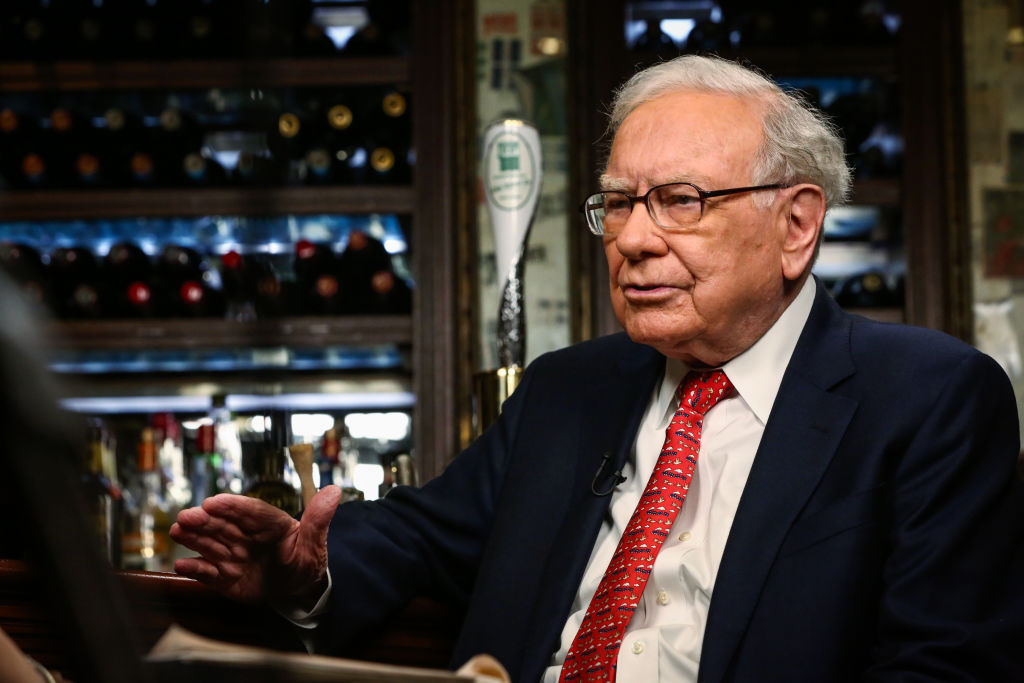 What is Warren Buffett’s net worth?
What is Warren Buffett’s net worth?Warren Buffett, sometimes referred to as the “Oracle of Omaha”, is considered one of the most successful investors of all time. How did he make his billions?
-
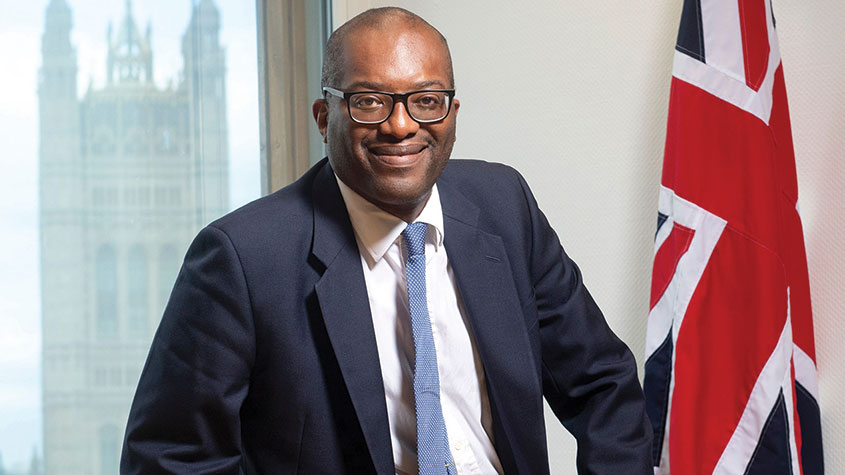 Kwasi Kwarteng: the leading light of the Tory right
Kwasi Kwarteng: the leading light of the Tory rightProfiles Kwasi Kwarteng, who studied 17th-century currency policy for his doctoral thesis, has always had a keen interest in economic crises. Now he is in one of his own making
-
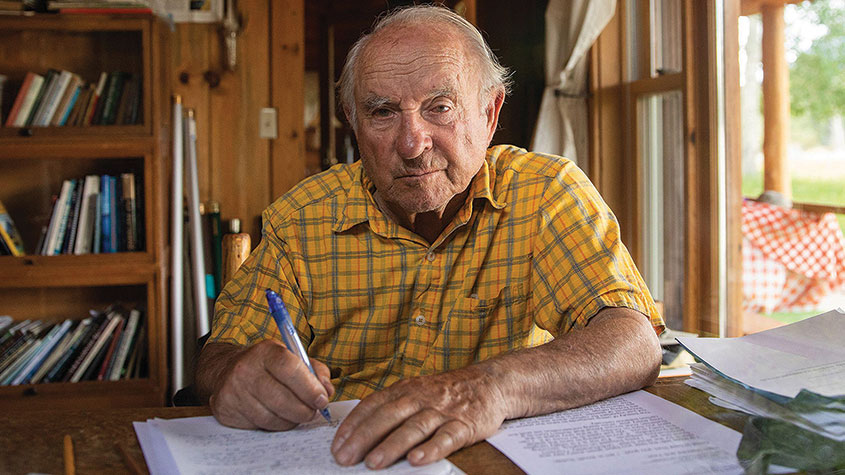 Yvon Chouinard: The billionaire “dirtbag” who's giving it all away
Yvon Chouinard: The billionaire “dirtbag” who's giving it all awayProfiles Outdoor-equipment retailer Yvon Chouinard is the latest in a line of rich benefactors to shun personal aggrandisement in favour of worthy causes.
-
 Johann Rupert: the Warren Buffett of luxury goods
Johann Rupert: the Warren Buffett of luxury goodsProfiles Johann Rupert, the presiding boss of Swiss luxury group Richemont, has seen off a challenge to his authority by a hedge fund. But his trials are not over yet.
-
 Profile: the fall of Alvin Chau, Macau’s junket king
Profile: the fall of Alvin Chau, Macau’s junket kingProfiles Alvin Chau made a fortune catering for Chinese gamblers as the authorities turned a blind eye. Now he’s on trial for illegal cross-border gambling, fraud and money laundering.
-
 Ryan Cohen: the “meme king” who sparked a frenzy
Ryan Cohen: the “meme king” who sparked a frenzyProfiles Ryan Cohen was credited with saving a clapped-out videogames retailer with little more than a knack for whipping up a social-media storm. But his latest intervention has backfired.
-
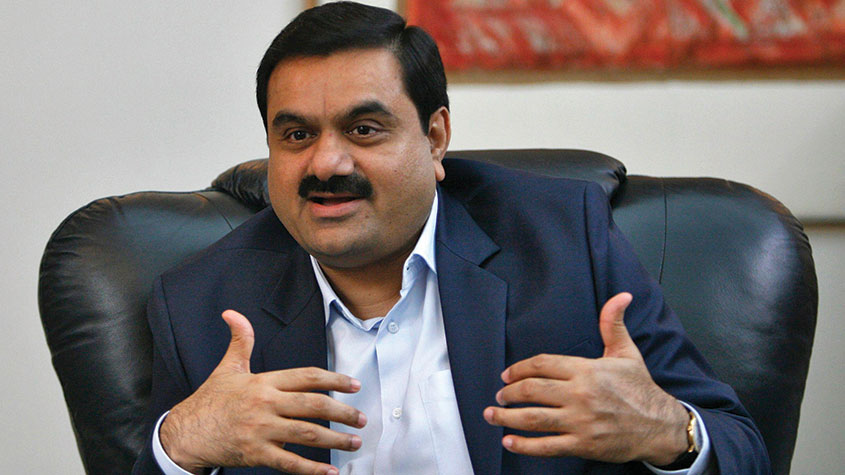 The rise of Gautam Adani, Asia’s richest man
The rise of Gautam Adani, Asia’s richest manProfiles India’s Gautam Adani started working life as an exporter and hit the big time when he moved into infrastructure. Political connections have been useful – but are a double-edged sword.